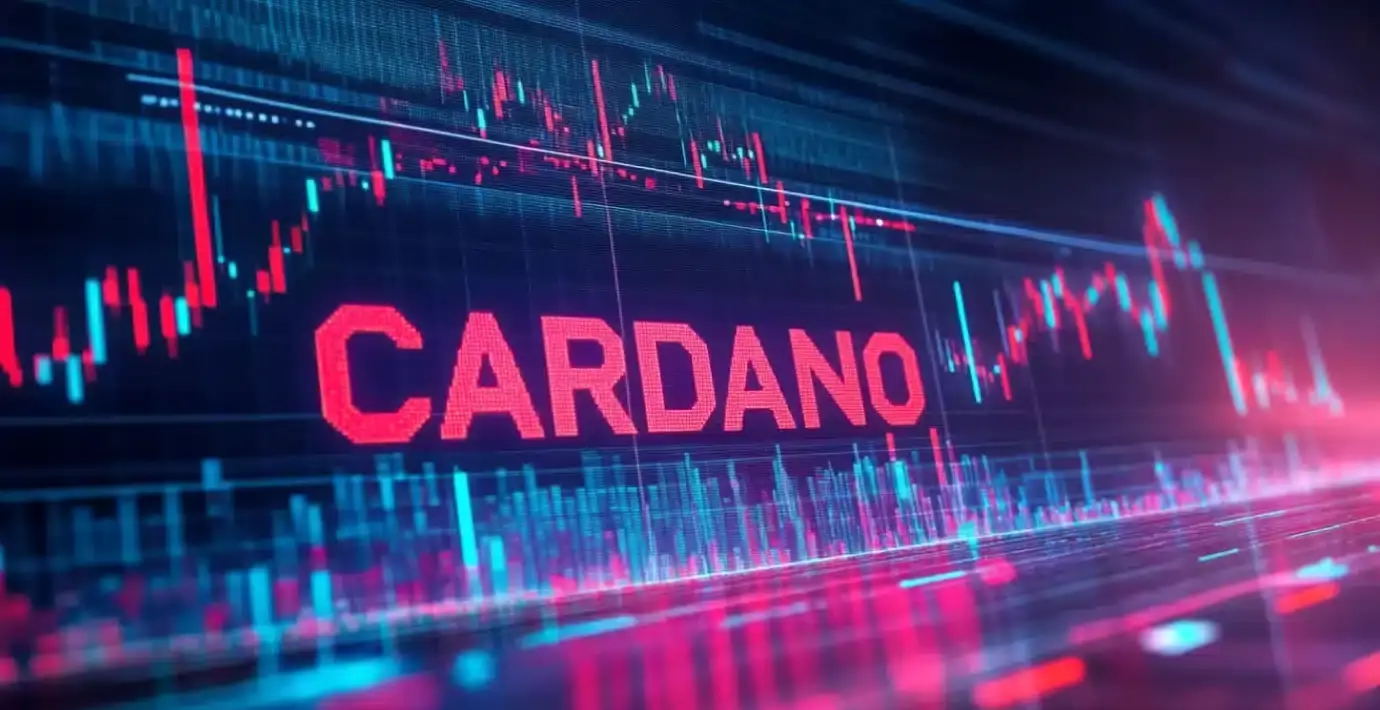In an era where personal data is akin to gold, Cardano has taken a bold step forward with the launch of Veridian, its innovative open-source digital identity platform. This unveiling, which occurred on April 3, represents a significant move away from traditional, often vulnerable, centralized identity systems that have consistently proven to be full of leaks and breaches. With Veridian, Cardano not only champions user autonomy but also promotes an ecosystem that aspires to reclaim control over digital identities—something we desperately need in our increasingly digitized lives.
Taking Back Control
At the heart of Veridian’s appeal is its promise to give users full ownership of their data, thereby disrupting the hegemony of third-party services. By leveraging open-source frameworks like KERI decentralized identifiers and ACDC credentials, Cardano users can authenticate their identities securely and without reliance on intermediaries. In a world where data privacy should be sacrosanct, Cardano’s approach is refreshingly empowering, as it encourages individuals to actively partake in their digital identities. This is a major counter-narrative to existing identity systems where users are often left at the mercy of corporations and their questionable data-handling practices.
Security with a Purpose
Constructed on the robust foundation of the Cardano blockchain, Veridian incorporates unique security layers that enhance user confidence in online interactions. These optional trust protocols not only provide additional safety measures but also facilitate seamless verification processes—an all-too-valuable feature in today’s fraught digital landscape. The importance of this cannot be overstated. With rampant data breaches becoming the norm rather than the exception, Veridian stands as a beacon of reliability, reflecting a modern approach to ensuring that identity verification is both safe and user-friendly.
Pioneering New Connections in DeFi
Beyond the significant implications of digital identity, Cardano’s ambitions extend into the realm of decentralized finance (DeFi). The integration of Bitcoin into Cardano’s ecosystem could signify a watershed moment in crypto finance. Founder Charles Hoskinson’s belief in a future where institutional adoption of Bitcoin-based solutions is driven by Cardano’s infrastructure is both optimistic and thrilling. Yet, one must wonder if this optimism is warranted; is the cryptocurrency landscape truly ready for such monumental changes? The answer lies in the ability of platforms like Veridian to reassure users that they can transact safely and privately, which is essential for any thriving DeFi ecosystem.
Market Volatility: A Double-Edged Sword
However, it is crucial to address the elephant in the room: the unpredictable volatility surrounding Cardano’s ADA token. After an unceremonious plunge of 13% in the past week, many investors are left uncertain, with market analysts speculating further dips. Still, there’s an inherent resilience within the Cardano community, suggesting a potential rebound could be on the horizon. When innovative technology like Veridian is factored in, the potential for price recovery becomes more conceivable. Investors may find themselves drawn back, especially if Cardano can deliver on its promises in digital identity and DeFi, setting the stage for a renewed interest in the ADA token.
In a world fraught with digital insecurity and data theft, Cardano’s Veridian symbolizes a powerful movement towards reclaiming our digital identities. This isn’t just about technology; it’s about empowerment and the essential right to control our personal information in an increasingly interconnected world.














